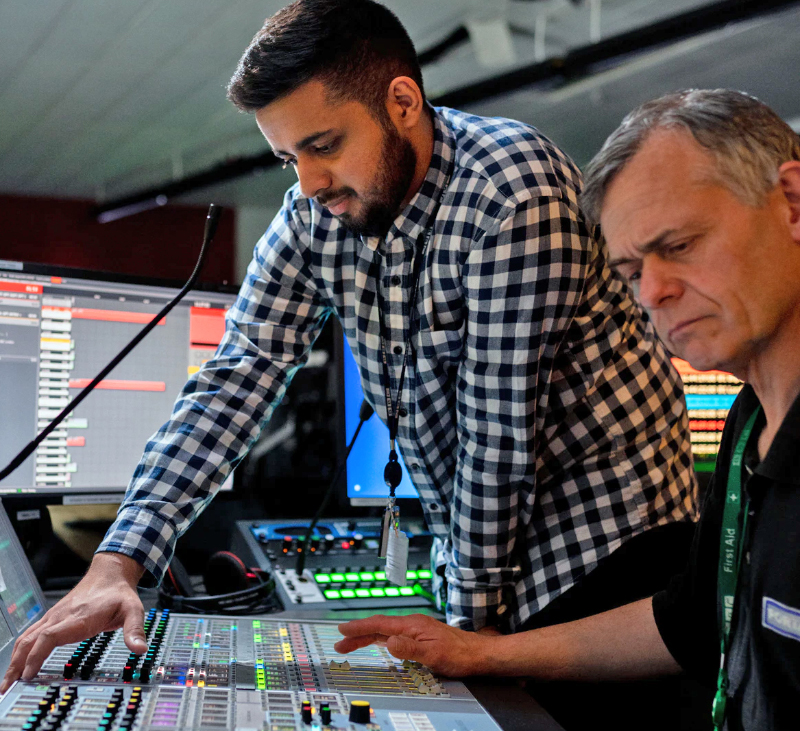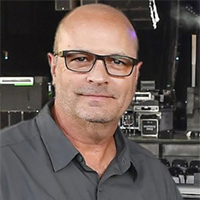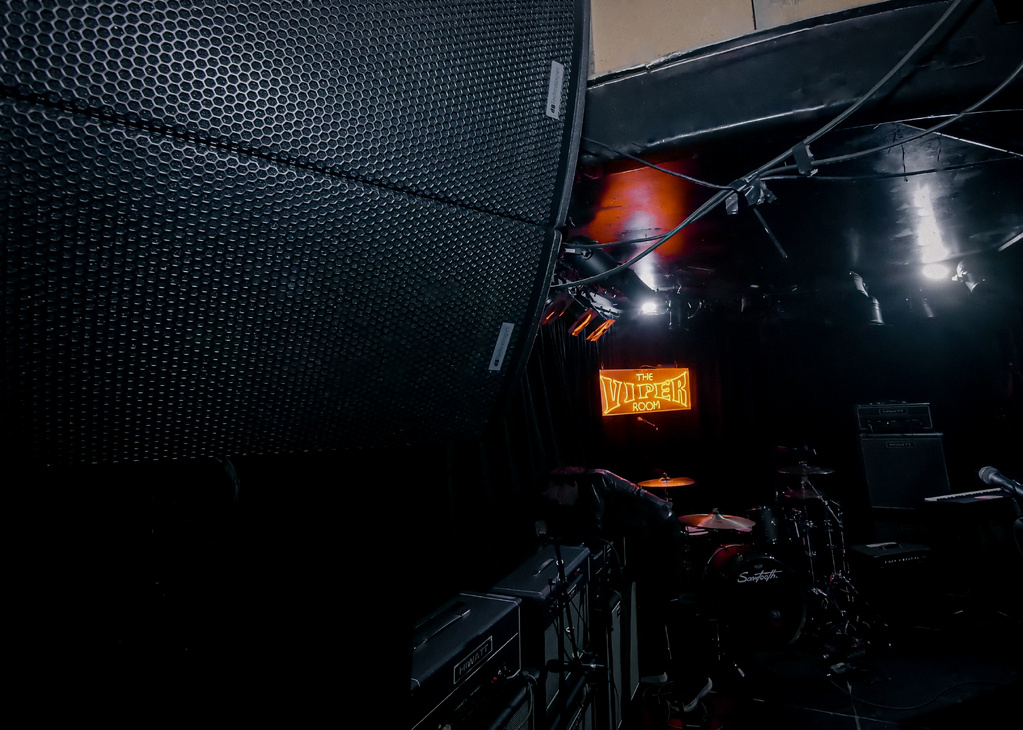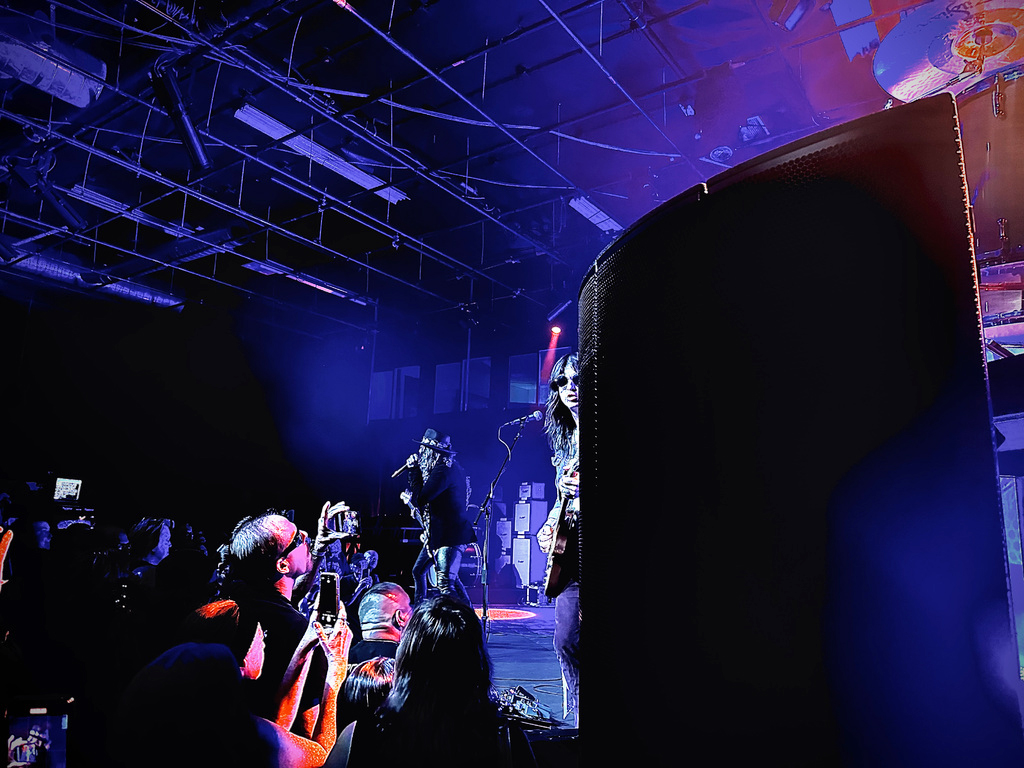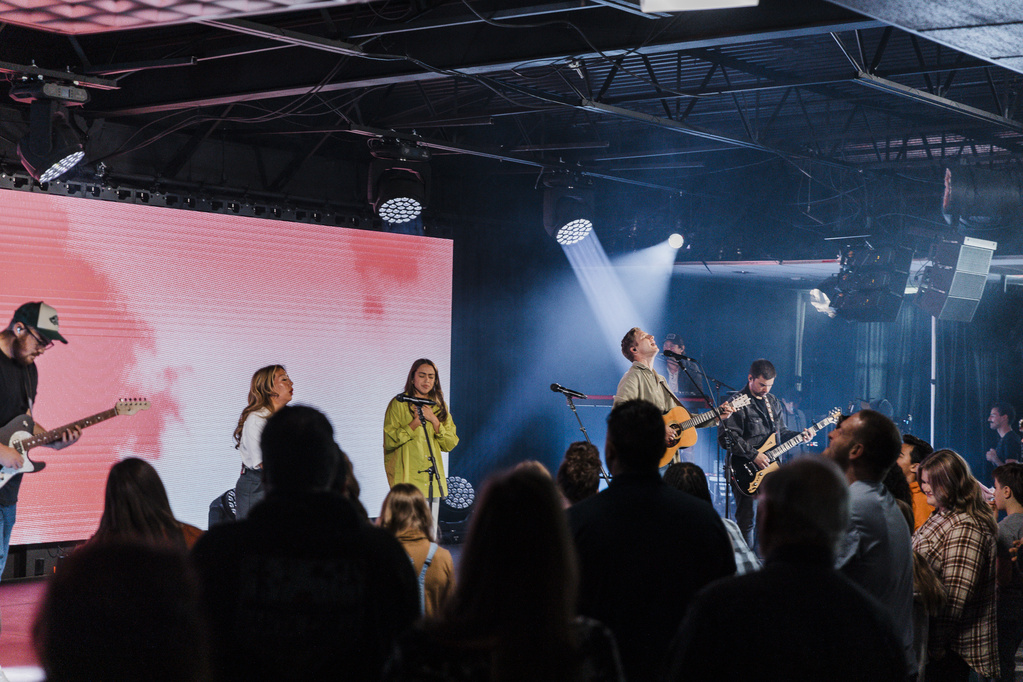I’m always excited when asked to fill the role as guest audio engineer for my local church. It’s wonderful to be able to serve, and in this crazy time in which we’re living, it offers a rare chance to get my hands on a console and mix some live music.
Many houses of worship are offering streaming-only services, and opportunities are available to mix for a more “studio-like” result, but some churches are able to feature a live band with a socially distanced audience (and much needed fellowship.) It’s such a joy to get back in front of a loudspeaker system and do what I love.
Some larger churches have full-time production teams that operate and manage sound, lights, video, and service flow, while others rely on volunteers to fill those roles. When I’m asked to fill in for someone as the front-of-house (FOH) mixer, I work really hard to be a help rather than a hindrance during rehearsal, run-through, and the service.
Recently, I’ve been substituting for NewSpring Church at several campus locations in South Carolina, and along with the fact that there are different consoles, loudspeakers, and sanctuary designs at each location, there’s also the challenge of seamlessly joining a team of musicians and production folks that run a well-oiled machine without throwing a wrench into things.
Doing The Homework
My goal is to be well prepared, helpful and somewhat invisible. If possible, I like to sit in on a service and rehearsal or two prior to jumping into the seat at FOH. I want a feeling for what’s “normal,” allowing me to join the team without derailing the usual flow.
A fact-finding discussion with the regular audio team is crucial. What exactly is the role I’m being asked to fill? Will I be simply mixing for the audience, or are the band’s monitor mixes also being adjusted at the FOH console? How about additional sends like audio to the lobby and video control – how are they being sent and how often do they need to be “touched up?” What needs to be recorded during the service and rehearsals, and will I be in charge of the streaming mix as well (if there is one?)
Another area to study up on beforehand is the “standard” decibel levels the congregation and staff are accustomed to. This can vary significantly from one church to another. Also, how much sub bass and low-frequency content is desired, and what’s the usual sonic signature of the mix? Is it smooth and warm, or crisp and clear? Getting a feel for what the regular attendees and worship team are used to helps tremendously, so attend a service or two, or watch a live stream if you’ll be broadcast mixing.
If I’m able to get a list of all the musicians and their instruments, along with the production crew and service producers I’ll be working with, I like to study them as well. It’s nice when you turn on the talkback mic for sound check to ask for each instrument and vocal microphone using that musician’s name. Being friendly and helpful goes a long way to fitting into a tight-knit group for a service. And chances are they’ll remember that and ask you to come back again.
Pre-Mixing
In preparation for my Sunday at the helm, I like to listen to reference tracks of the songs the band will be performing prior to rehearsal to help get my head in the game. Additionally, if the band is using supplemental tracks from a playback device, I aim to hear a mix of them all or the individual tracks separately so I can strategize how to blend them with the live music. The production team can often point you in the right direction to download these audio tracks prior to the weekly rehearsal.
I also like to inquire early about obtaining a multitrack recording of the rehearsal. Is the church set up for that? If so, great! And if possible, I spend some time between rehearsal and Sunday “pre-mixing.” If it’s not a normal thing to make a bunch of racket through the sound system on weekdays, I inquire if I can come in on an off day to do it. If that’s not possible, I ask if I can bring a pair of headphones or nearfield monitors to work on the mix with the least amount of disruption?
Many churches are set up for at least one of these scenarios and are usually very generous with allowing me time to tweak things to my satisfaction. It’s a win-win for the mix engineer, band, and congregation if the sound is dialed in, so even if this isn’t the usual practice, I often find production leaders are willing to help make it happen so I can be much more comfortable come Sunday.
Pre-mixing time also affords a good opportunity to shift a few things around on the console if the standard layout isn’t exactly familiar to me. I find it awkward to mix if channels are laid out or grouped in ways I’m not used to or not comfortable with. I always ask if it’s OK first, and if so, I save a new show file and start moving channels around so that my muscle memory is satisfied.
Don’t reinvent the wheel. The name of the game is workflow and trying to provide the best service to everyone.
More Elements
Other important audio elements that can be improved with the extra time pre-mixing affords are “cleanup” adjustments. Independently listen to vocals in the PA to smooth out EQ and adjust high-pass filters (HPF), and double-check that compressors are doing their intended job without squashing things too much causing unwanted gain reduction and overcooked makeup gain settings.
These fine-tuning adjustments are tough to get right during a 60-minute rehearsal mid-week and a 30-minute run-through Sunday morning. A word of caution – if you need to make large adjustments to preamp gains, always consider what that may do to the musicians’ monitor mixes if you’re gain-sharing the preamps with the monitor console. This includes the in-ear or wedge mixes being dialed up at FOH.
Pre-mix time is also a great opportunity to double check FX. Can the reverb, delay, and chorus presets be improved upon? It’s tough to hear these things clearly with everything else happening in the mix. Putting each channel under the microscope to ensure it sounds as good as it can on its own before reintroducing it into the overall mix reaps huge rewards in the overall sound for the audience.
A great-sounding mix on Sunday morning helps elevate the worship experience for the entire congregation including the musicians and production team. Providing this service while being a gracious guest at FOH will almost certainly open the door to once again do what we love!


